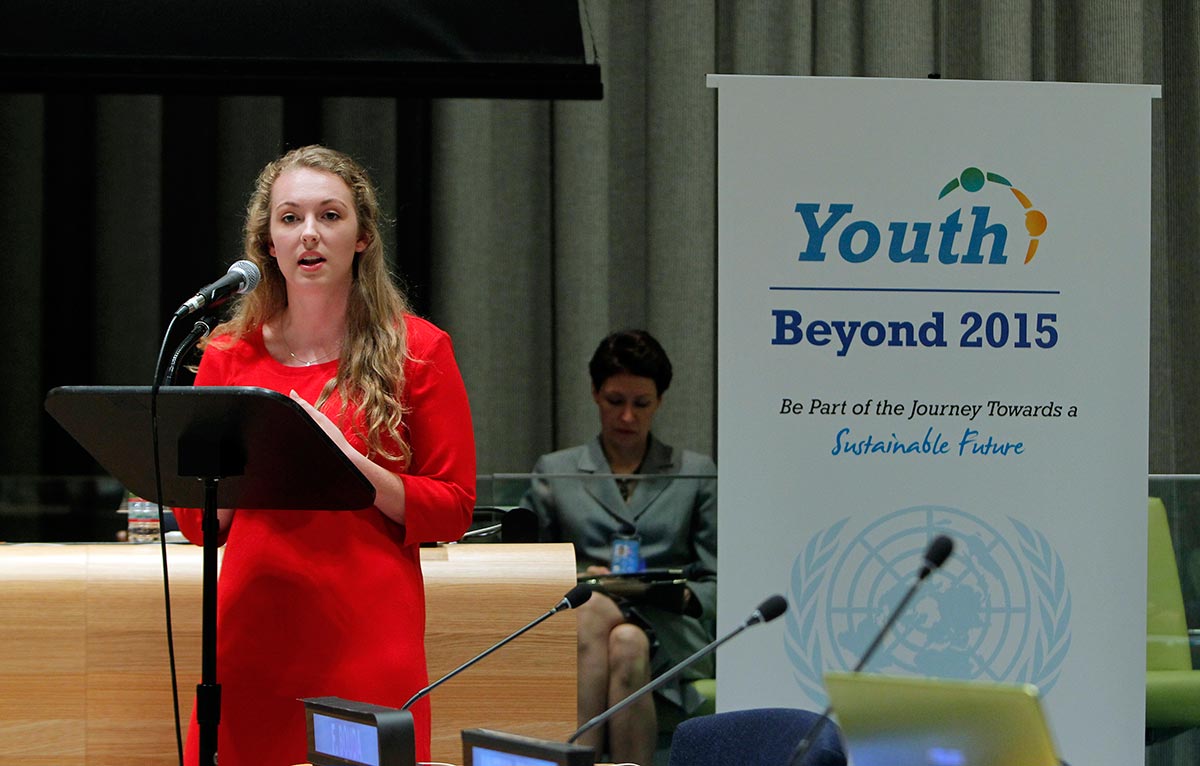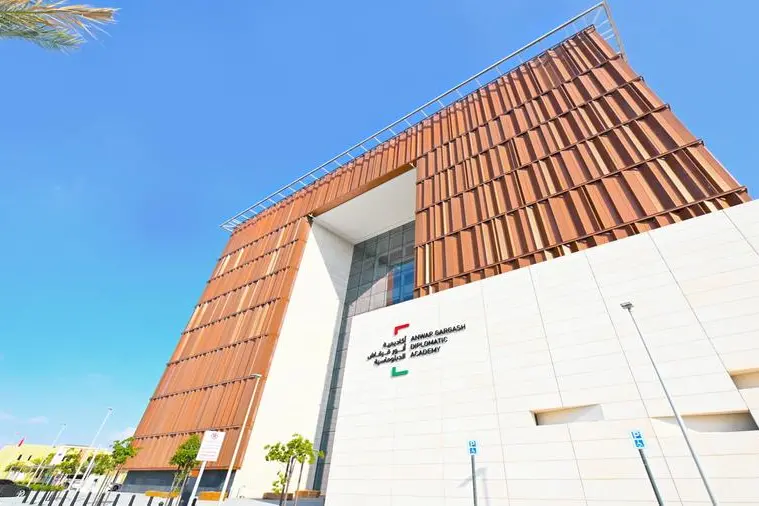In the context of the 20th anniversary of peace in South Africa, which coincides with the country’s fifth multiparty elections, ACCORD invited aspiring young African leaders to the country as election observers to the elections taking place, additionally training these individuals in conflict management.
These 25 participants, emanating from senior levels in government, civil society and youth organisations, represented countries such as Burundi, the Central African Republic, South Sudan, Somalia and Sudan attended the training.
Youth leaders were specifically identified for this training as the youth have become an important sector as well as role players in most post conflict countries. The youth can have an either positive or negative influence within an election cycle and for this reason they were selected from these post conflict countries which will soon host elections in the near future.
During the week of 5-9 May, participants were presented with a variety of lectures by ACCORD staff on topics such as democratic principles and political tolerance, early warning and designing strategies to intervene, the current global and conflict trends, and theory on mediation. Notable guest lecturers also contributed to the training such as Titi Pitso, an expert on Elections Monitoring and Observation. Participants were very fortunate to visit the Independent Electoral Commission’s operations centre based at the Moses Mabhida stadium on election day, the 7th May 2014. The group was also hosted by the City of Durban for a tour of the city.
Participants showed their appreciation and complimented the elections taking place with ease and with no evidence of tension or conflict arising, which has become the norm in most post-conflict countries on the continent.
Strengthening the peace and security architecture in Africa is a key output of ACCORD’s overall institutional strategy. Participation in this training at this important time in South Africa’s democracy provides the knowledge and the tools for addressing major challenges facing African organisations, especially during the time of elections.







